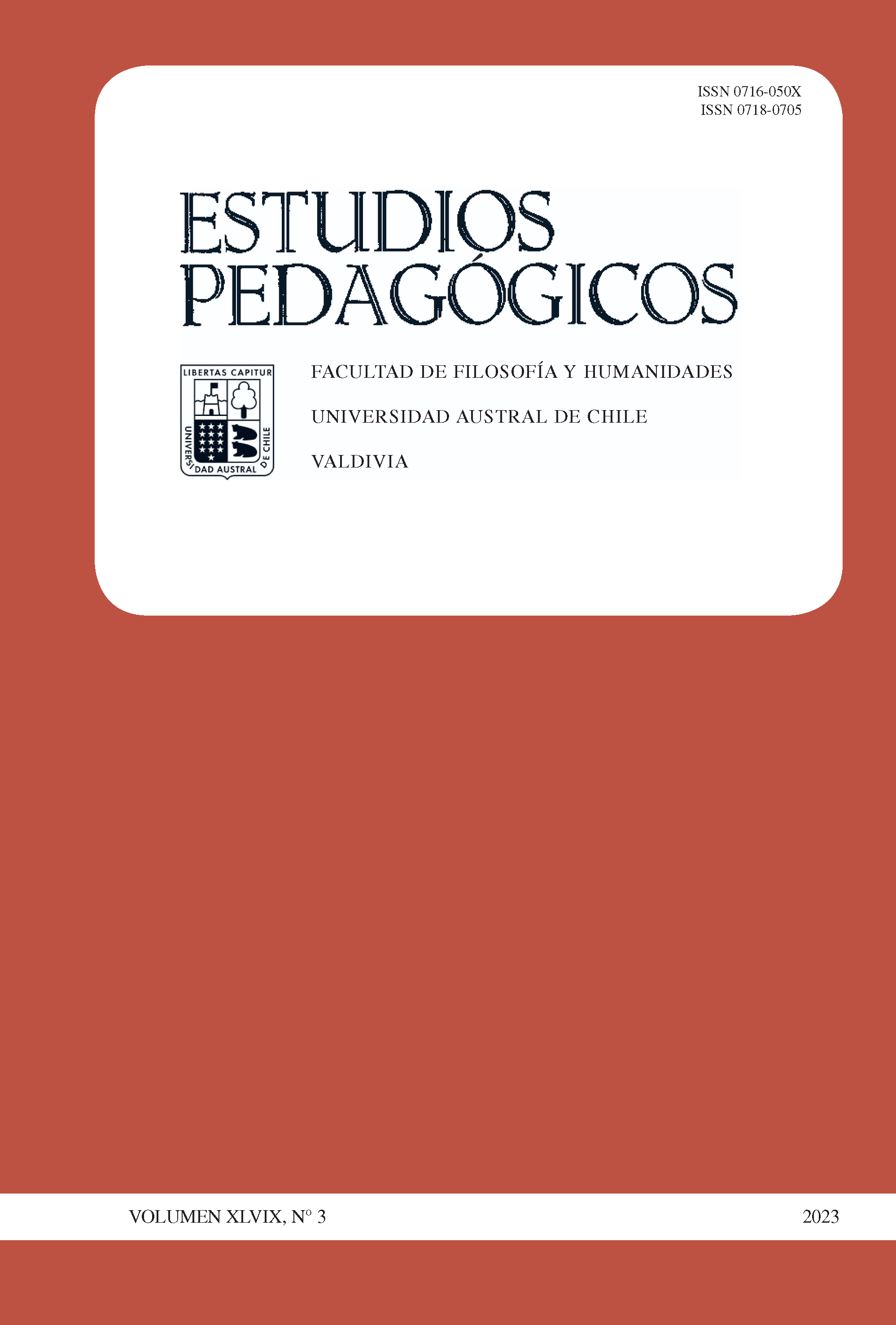Development of initial literacy: a parental intervention in disadvantaged sectors of Chile
Main Article Content
Abstract
Having parental interventions that seek to develop children’s early literacy can enhance their educational careers. The use of data from a total of 664 parent-child dyads (separated into two groups: intention-to-treat and comparison) -and the performing of multiple regression analysis- showed that the group of children whose parents participated in the program obtained higher scores in alphabet knowledge (d=0.39), narrative competence (d=0.34), and language competence (d=0.27) than those children whose parents did not participate. Moreover, bivariate regression analysis determined that the higher the attendance of parents to the workshops, the better the results in children’s alphabet knowledge. This article discusses the present research’s contributions to parenting programs aimed at enhancing early literacy development in preschoolers.

